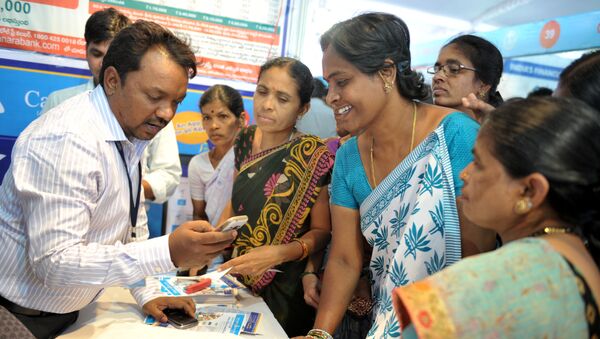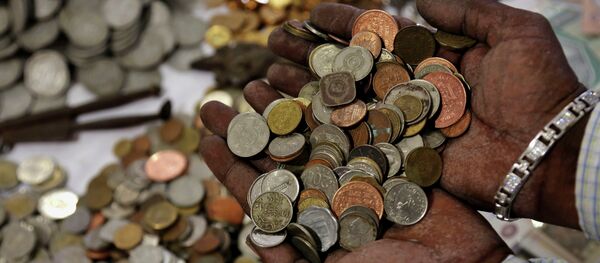Although no such incident of cyber-attacks on customers has been reported or come to light so far, but the Moscow-based cyber-security firm maintains that the probability of fake apps being added on app stores remains high.
"Digital payment companies ensure that the transactions are safe on their apps. Besides, there are checks like two-factor authentication for ensuring secure transactions for consumers," Altaf Halde, Managing Director at Kaspersky Lab, South Asia, told the Press Trust of India.
With India's smartphone market poised to reach 750 million by 2020, such threats cannot be underestimated, especially in the context that a large majority of the people lack familiarity with net-banking and other digital payment modes. An unsuspecting user can easily be tricked into downloading a fake app despite service providers using steps to protect privacy of their customers.
"The convenience that digital payments bring is massive. However, there are also risks involved. Consumers need to be informed and careful when they download app. They should ensure they are downloading the genuine apps and not the fake ones," he added.
Post-demonetization push, the government has been in an overdrive to enhance cyber-security awareness and put in pace an emergency response team as well. Finance minister Arun Jaitley's recent budget has focused on enhancing cyber security. A Computer Emergency Response Team will be set up to strengthen security of the financial sector amid increasing incidents of cyber frauds, which has been particularly welcomed in the IT sector.
"The thrust on digital economy, deployment of analytics in tax administration and initiatives on cyber-security demonstrate the significance of Information Technology among government's priorities," said J Dalal, chief financial officer, Wipro Ltd.




